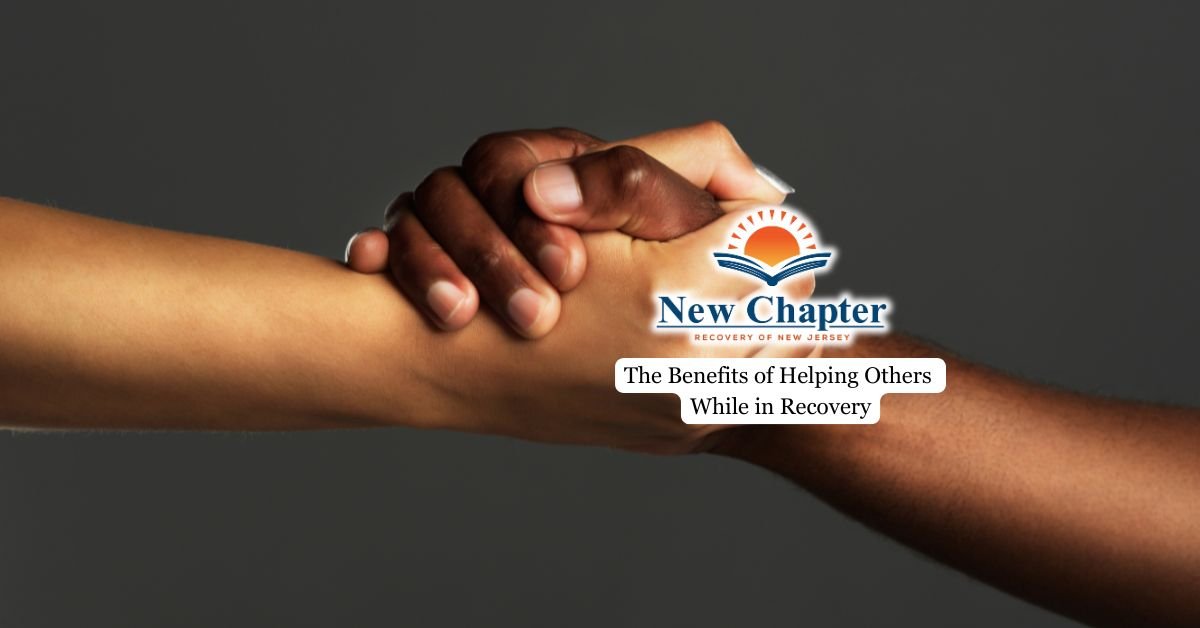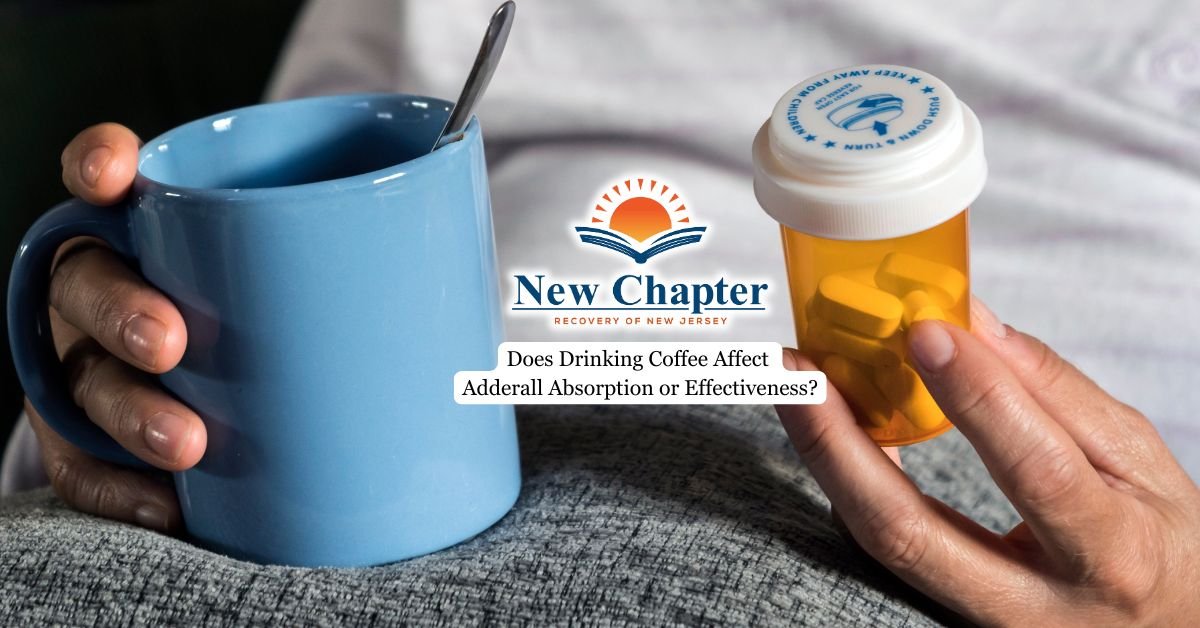Entering treatment and working toward sobriety is a deeply personal journey, but it is also one that thrives on community and connection. Helping others during this process can provide significant advantages—not just for those receiving support, but for the individual offering it, as well.
This article explores the key benefits of giving back while in recovery and why it is an important part of building long-term stability.

Building a Sense of Purpose
One of the most significant benefits of helping and supporting others is the sense of purpose it provides. Addiction is a chronic disease that often leaves people feeling isolated and without direction.
By assisting others, individuals regain control of their lives and begin to make a positive impact. Volunteer opportunities, peer support, and community service all provide a sense of fulfillment and meaning, reinforcing the belief that addiction recovery is possible. This sense of purpose reduces negative thoughts, builds self-esteem, and fosters a healthier self-image, especially when supported by outpatient programs that reinforce structure and accountability.
Strengthening Sobriety and Preventing Relapse
Engaging in service during the recovery process can help people stay sober and reduce the risk of relapse. By focusing on giving back, individuals shift their attention from cravings or stress to meaningful action. Supporting others also reinforces coping skills learned in treatment learned in treatment programs and strengthens a person’s healing journey.
Research shows that people who participate in support groups and mentorship often experience long-term sobriety because they are held accountable, connected, and supported by others who may have walked a similar path.
Creating a Sense of Community
A strong sense of community is vital in the journey of recovery. Many people struggling with addiction experience feelings of isolation, but service and peer support groups provide a safe space to connect with others.
Acts of service during this time foster belonging and build a reliable support system. When individuals volunteer their time or share their story, they benefit from the sense of connection and gratitude that comes with it. This shared community provides stability, which is especially valuable during early recovery.
Emotional and Mental Health Benefits
Helping others can reduce depression and anxiety while boosting feelings of gratitude and hope. It provides a sense of accomplishment and perspective, allowing individuals to gain a fresh outlook on their recovery journey. The effects extend beyond personal growth—they also improve the lives of others who may be struggling with addiction. This helps both giver and receiver experience lasting recovery.

Practical Ways to Give Back in Recovery
There are many ways to give back in recovery, and each provides unique benefits:
- Volunteering in the community: Contributing to an organization such as a food bank or shelter can make a positive difference while providing a sense of connection.
- Sharing your story: Speaking at programs offers encouragement to others who may be struggling with addiction.
- Mentorship and peer support: Offering guidance to others in recovery provides a safe support system and reminds mentors of their own resilience.
- Participating in recovery centers: Assisting in treatment programs or groups allows people to foster a sense of belonging.
These efforts not only benefit others but also provide lasting recovery benefits for the person giving back.
Role of Treatment Programs and Recovery Centers
Addiction treatment programs for substance use disorder encourage giving back as a part of their approach to healing. Structured opportunities to volunteer, participate in peer mentorship, or join support groups for relapse prevention provide a safe environment for giving back in addiction recovery.
Outpatient treatment and inpatient programs alike often include services as part of relapse prevention strategies, emphasizing how recovery can help individuals foster responsibility, gratitude, and compassion. These opportunities to give back to your community create long-term recovery benefits that extend beyond the individual.
Final Thoughts from New Chapter Recovery
Helping others while pursuing sobriety offers more than temporary relief; it builds purpose, accountability, and resilience that sustain long-term healing. Giving back to others fosters gratitude, strengthens relationships, and reinforces progress, making it an essential part of recovery.
At New Chapter Recovery, we recognize the critical role that service plays in addiction treatment and long-term healing. Our recovery center provides structured opportunities, support groups, and outpatient programs in New Jersey designed to help individuals connect with others and foster resilience. By emphasizing the importance of giving back, we help people in recovery build healthier, more fulfilling lives while creating a supportive community for lasting change.






